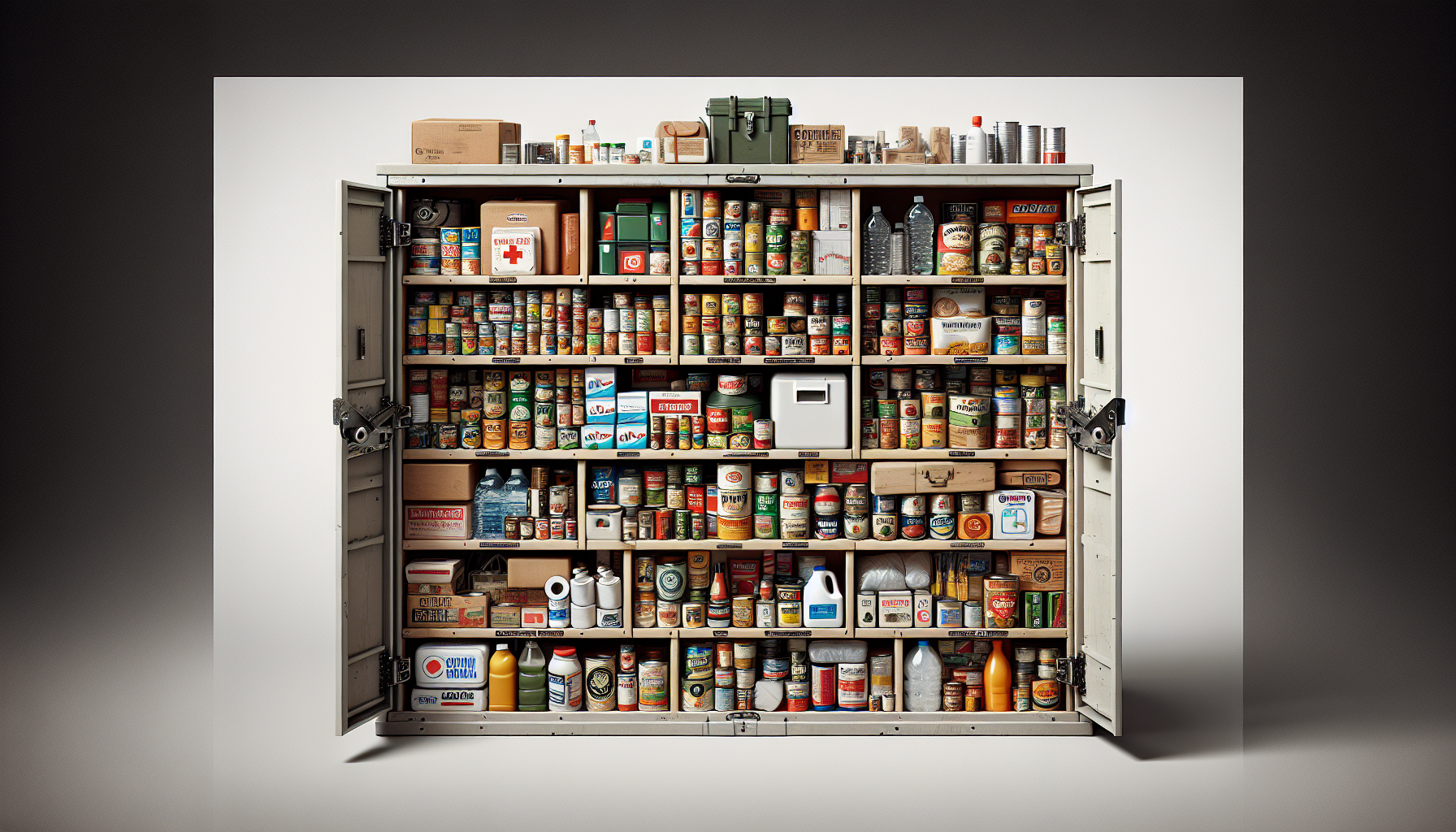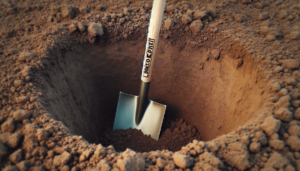
In the video titled “Is STOCKPILING Illegal? I ON3 Jason Salyer,” the content explores the legality and potential dangers of stockpiling supplies. The video highlights historical periods where stockpiling has been made illegal, such as the War of 1812, the Civil War, and the Great Depression. It also discusses the power of executive orders during emergencies, which could potentially label certain items as “hoarding” and deem them illegal. The video emphasizes that stockpiling is currently legal, but individuals should take precautions to protect their supplies because the government has the authority to confiscate and redistribute stockpiled resources. Ultimately, the video underscores the importance of preparedness and safeguarding one’s stockpiled goods.
The video is presented by Survival Dispatch and features the insights of Jason Salyer. It includes affiliate partnerships with brands and adheres to Fair Use for any footage used. The video concludes by encouraging viewers to prioritize preparedness in order to meet their own and their families’ needs, given the potential future changes in stockpiling regulations.
Is STOCKPILING Illegal?
Stockpiling has been a topic of discussion and debate, with many wondering if it is illegal or could potentially become illegal in the future. To shed some light on this issue, we will explore historical examples of illegal stockpiling, the government’s power to declare hoarding as illegal, potential future legislation, and government measures and enforcement. It’s important to note that the content provided is for informational and entertainment purposes only, and the opinions expressed are those of the individual author.
Historical Examples of Illegal Stockpiling
Throughout history, there have been periods when stockpiling certain items was deemed illegal. Three notable examples include the War of 1812, the Civil War, and the Great Depression. During these times, the government seized gold and made it illegal to possess, except in small quantities like jewelry. While it’s true that individuals were compensated for their gold during these periods, the compensation often fell significantly short of the market value, leading to accusations of theft by the government.
Government Power to Declare Hoarding as Illegal
During emergencies, executive orders can be signed, granting the government the authority to declare certain items as illegal if they are identified as “hoarding.” This can include food and supplies, with the intention of ensuring a fair distribution of resources during crisis situations. The definition of hoarding can be subjective, and it ultimately falls under the discretion of the government.
Disclaimer and Purpose of the Content
It is vital to understand that the information provided in this article is for informational and entertainment purposes only. The opinions expressed are those of the individual author and should not be taken as legal advice or professional recommendations. It is important to conduct independent research and consult relevant authorities to obtain accurate and up-to-date information.
Affiliate Partnerships and Fair Use Disclaimer
Some videos or content may include affiliate partnerships with brands. This means that the content creator may receive a small portion of the revenue when viewers purchase items using the provided links. Additionally, fair use is applied when using footage from other sources, ensuring that it is used for documentary and educational purposes, promoting commentary and freedom of speech.
Firearms and Legal Compliance
If firearms footage is included in the content, it is essential to clarify that it is produced in a safe environment by trained professionals. Viewers should not attempt to replicate any actions shown without the appropriate training, licensing, and medical professionals present. It is also important to note that the content creators do not sell firearms or related products, and their videos are for entertainment and educational purposes only.
Prohibition and Historical Examples
Historically, there have been instances of prohibited stockpiling, such as the prohibition on owning gold during certain periods. In times of limited resources or economic crises, governments have taken measures to control the distribution of certain items. These measures often involved confiscation or restrictions on the possession of such items.
Potential Future Legislation
While stockpiling is currently legal in many jurisdictions, there is a possibility that the government may make it illegal in the future. The government has the authority to enact legislation and executive orders to regulate and control the possession and distribution of resources during emergencies or crisis situations. It is important to stay informed about any potential changes in laws or regulations that may affect stockpiling.
Government Measures and Enforcement
If stockpiling were to become illegal, it is uncertain how the government would go about confiscating stockpiled items. However, they may use threats and penalties to discourage hoarding and encourage compliance. It’s worth noting that governments may also rely on citizens reporting individuals engaged in excessive stockpiling. While governments may have measures in place to enforce restrictions, the effectiveness and practicality of such measures can vary.
Conclusion
In conclusion, the legality of stockpiling can vary depending on the context and government regulations. While historical examples demonstrate that stockpiling has been made illegal in the past, the current legality of stockpiling varies across jurisdictions. It is crucial for individuals to understand their local laws and regulations regarding stockpiling to ensure compliance. Moreover, it is important to prioritize preparedness and protection of one’s stockpiled goods while being mindful of potential government intervention and regulations.







